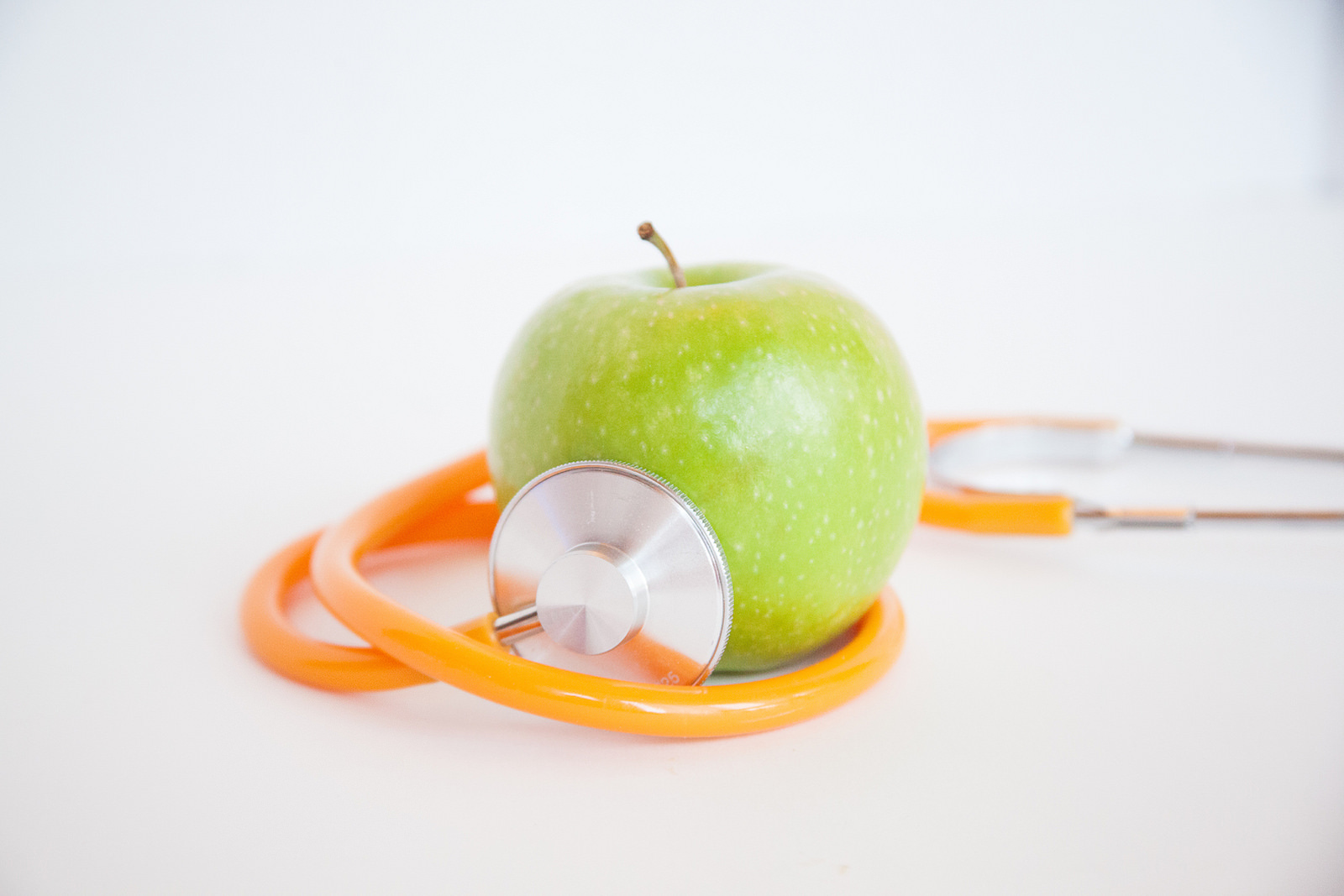Disclaimer: This is written with the sole purpose of increasing awareness.
Rare things are valuable. They stand out. They generate intrigue. However, they can also make people apprehensive.
There is a misconception that naturopathic doctors are quacks who couldn’t get into “real” medical school, and don’t know what they’re talking about. But there is a big difference between naturopaths (online certification) and naturopathic doctors (four years at an accredited institution). At age 23 I had been to nearly 20 different MDs and was ingesting 10 different medications each day until I saw a naturopathic doctor (ND) who turned everything around. Not only did my health change, my career choice did as well.
Naturopathic Medicine is a distinct primary health care profession that combines natural healing techniques with modern science. It is a whole-person approach tailored to each patient and focuses on finding the root cause of the health issue. NDs are well versed in treating chronic illnesses and emphasize preventative medicine, but can also aid in acute care. By combining natural healing methods with modern scientific principles and technology, naturopathic medicine genuinely embodies modern integrated health care.
There is a time and place for everything. NDs are trained to know when referral or higher intervention is needed. It is time to erase the battle lines because the “us versus them” mindset is not beneficial to patients. Furthermore, MDs and NDs are more similar than it may seem.
We all have the same ability to heal and treat our patients. Although the manner in which we go about treating our patients may be different, we are all trained in basic and clinical sciences, including biochemistry, anatomy, physiology, pharmacology, and even minor surgery. NDs have additional training in nutrition, botanical medicine, and counseling, while MDs have added training in pharmacology and more clerkship hours. Both cohorts complete clinical training and take board examinations in order to become licensed professionals.
We have similar struggles. We sit through hours of classes only to go home and study until we fall asleep. We sacrifice our social lives for our scrubs. We are more up to date on the latest neuroanatomy YouTube videos than we are on episodes of Game of Thrones. We go home at the end of the day smelling like dead bodies and bodily fluids.
But aside from these things, we have the same end goal. We are all detectives, trained to combine history, lab tests, imaging and physical examinations to understand the patient. While NDs typically don’t advocate drugs at the first sign of trouble, we are still trained to prescribe them.
There is an underlying assumption that only pharmaceuticals are “real” medicine, while nutrition, exercise, and lifestyle interventions are “fake” medicine. In actuality, real medicine is whatever works, and the most important aspects of patient care are things that cannot be quantified or measured, but can instead be conveyed and experienced.
Partnerships require a lot of work. Nonetheless, patients need and deserve the services of both MDs and NDs. Therefore, we should work to understand and respect each other’s profession. Our skills complement each other and by working together our patients will receive the greatest benefit.
Featured image:
Apple for Health – Apple with Stethoscope by Wellness GM

